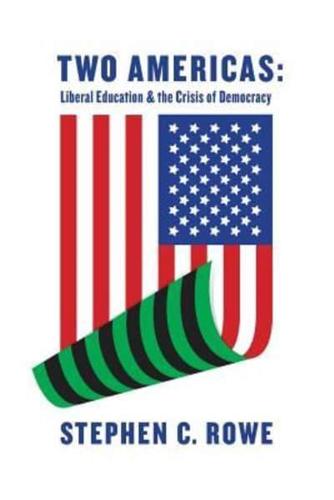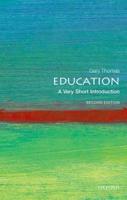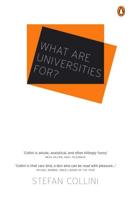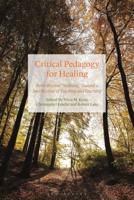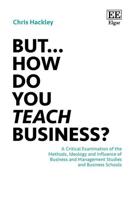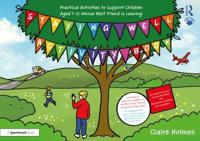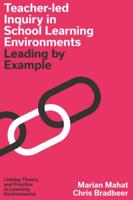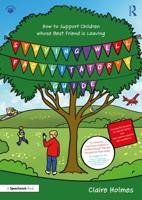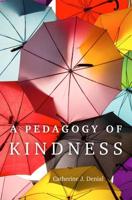Publisher's Synopsis
There are two Americas at this point in history, with two very different worldviews. One is the modern view of separated individuals defined by their right to pursue and protect material well-being in a world of free market capitalism and unlimited natural resources. The second worldview is pluralistic and relational, committed to sustainable practices that are supportive of democracy and promote the common good.
These essays focus on the conflict between the two Americas as it is manifest in contemporary higher education. Higher education still stands as the gateway to adult life in a society that continues to assume an intimate connection between national well-being and educational opportunity. As such, it presents a way of understanding the underlying tension of American culture, and in some ways of global culture. Higher education itself can be an educative microcosm.
Widespread availability of liberal education is an essential component of any society that seeks to sustain democratic institutions. Democracy is a form of governance that requires an active and informed citizenry who share material resources sufficiently to enable all members of society to participate. A crisis in liberal education is therefore a threat to democracy. The survival of America, perhaps the world, turns on whether we can become aware of the limitations of the worldview we have inherited and choose a better one, one more conducive to life.
